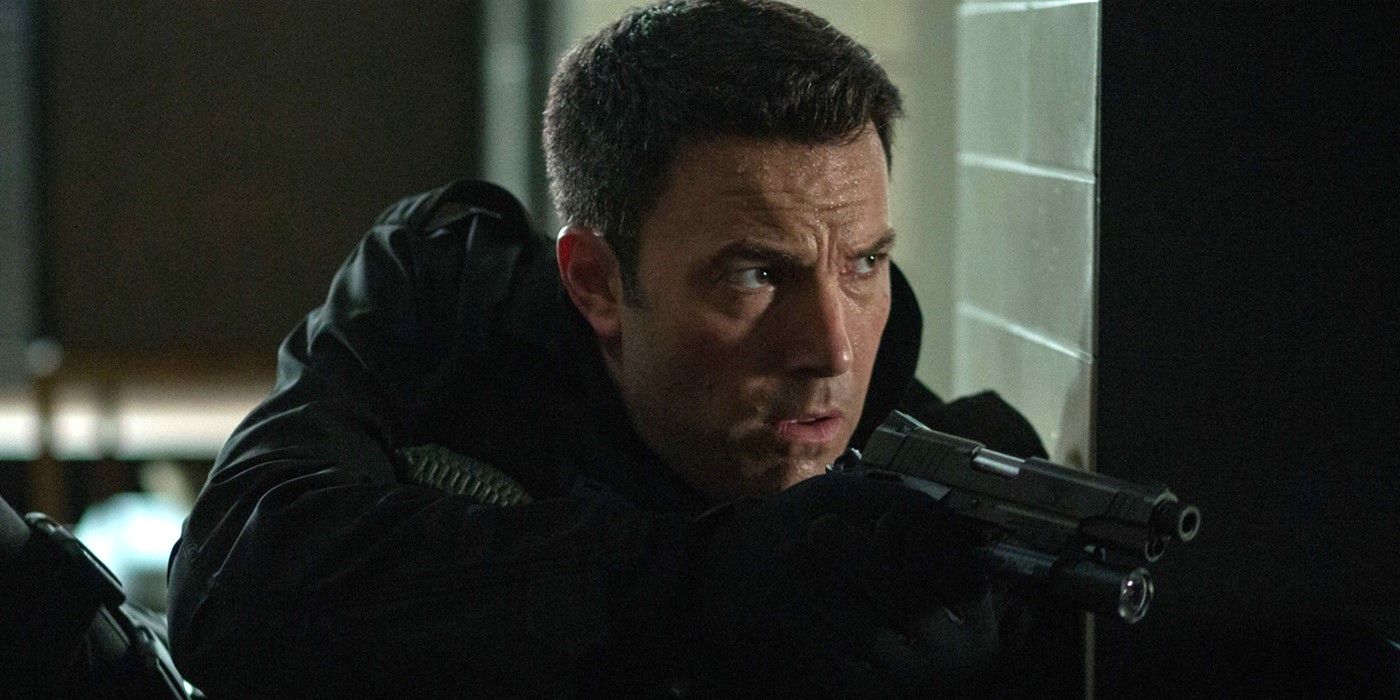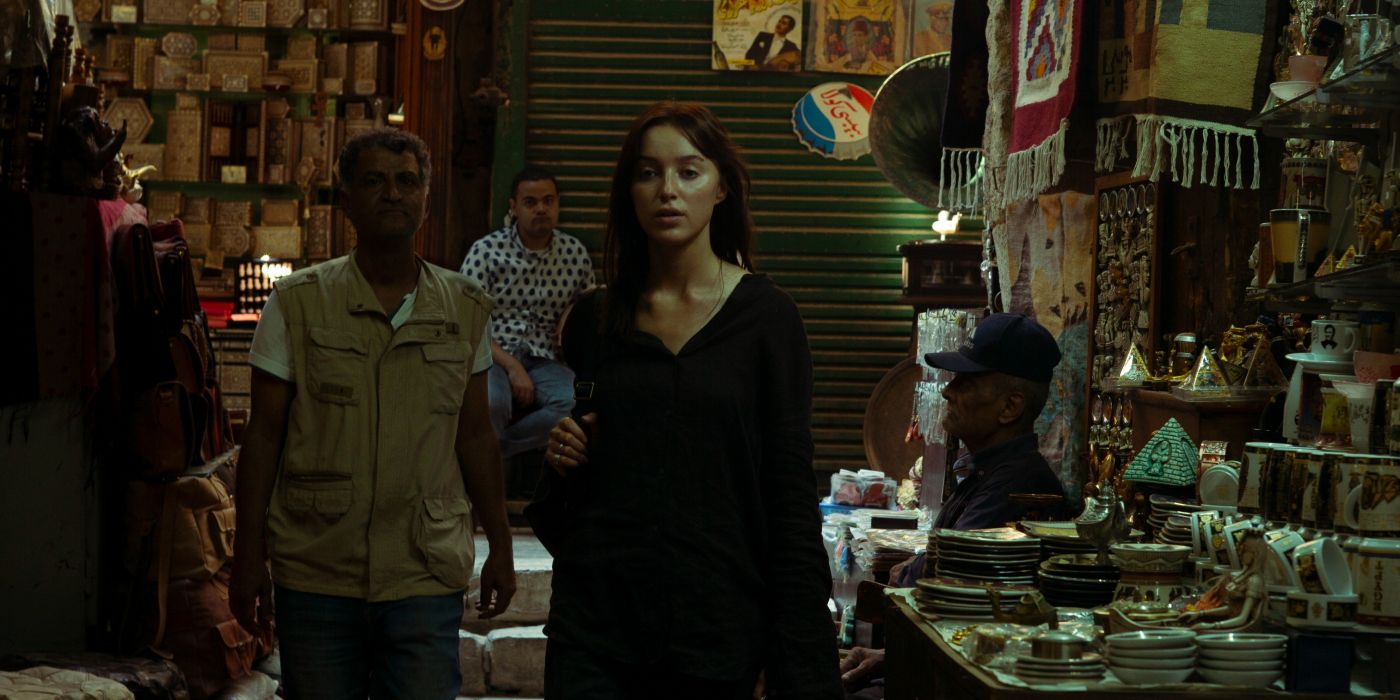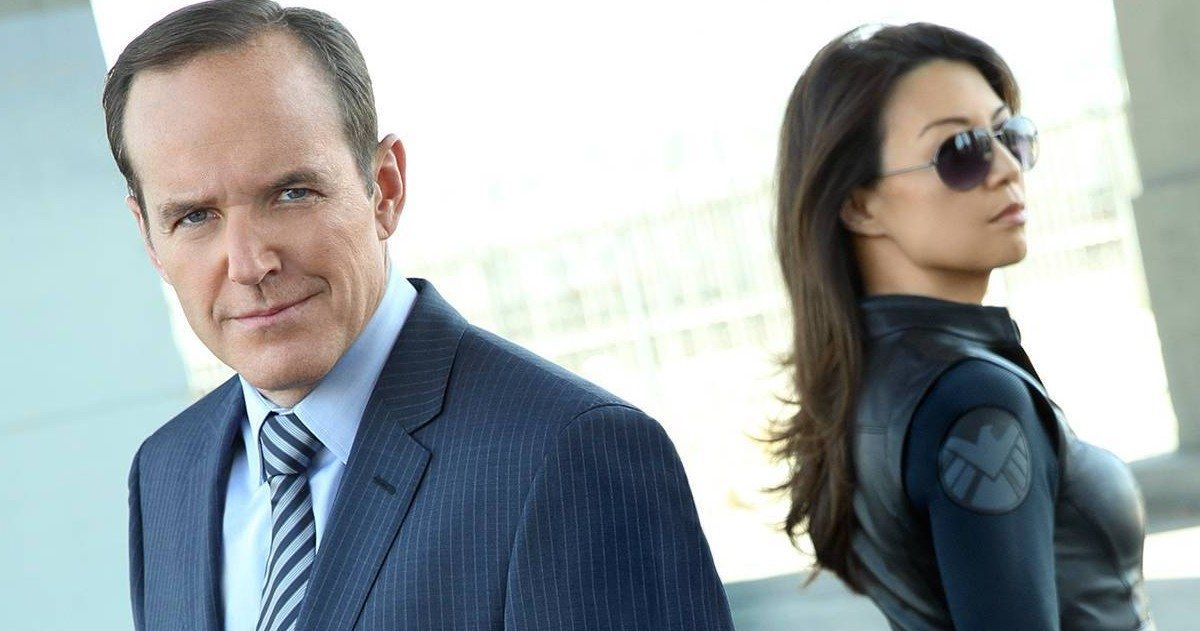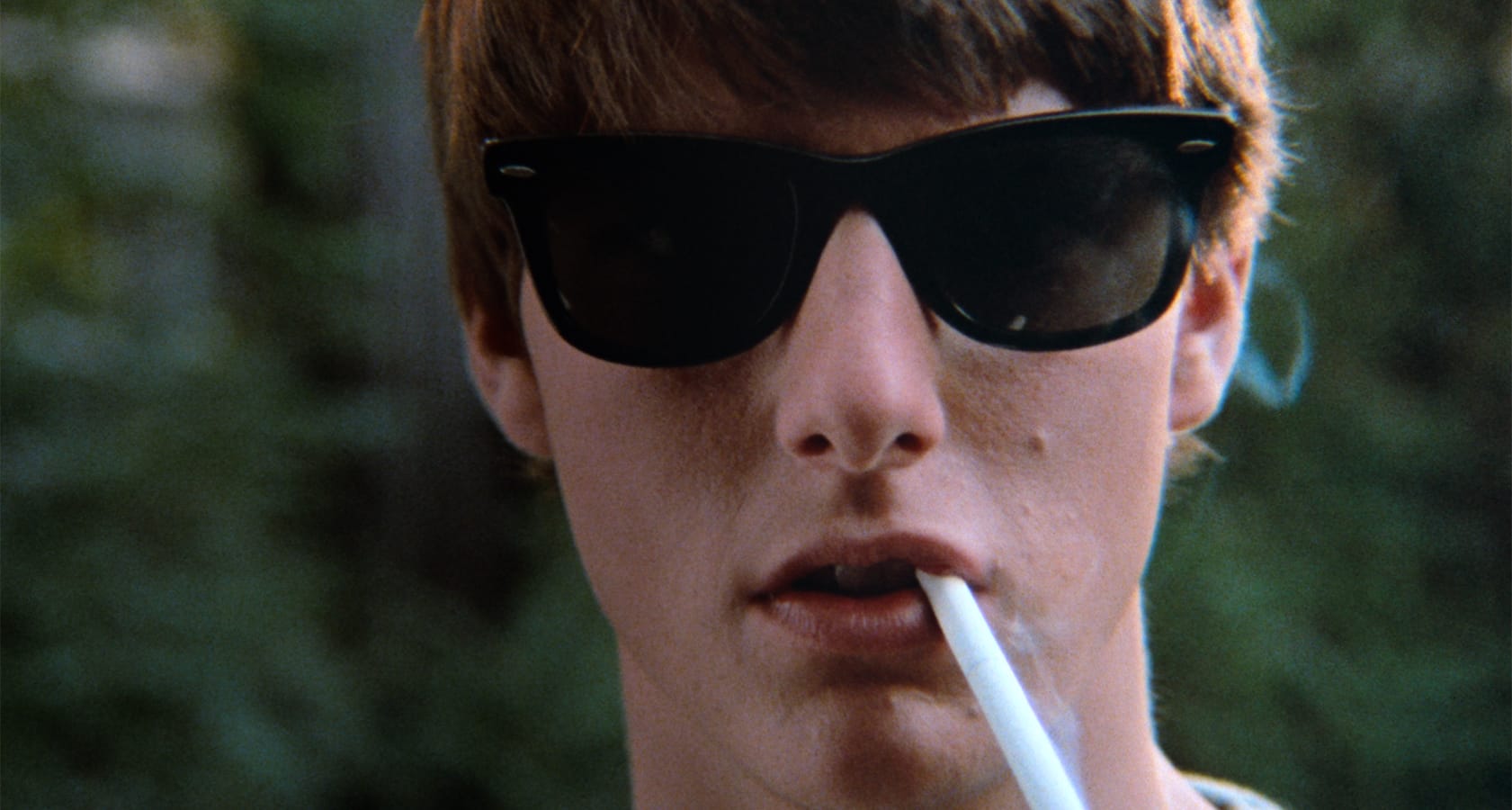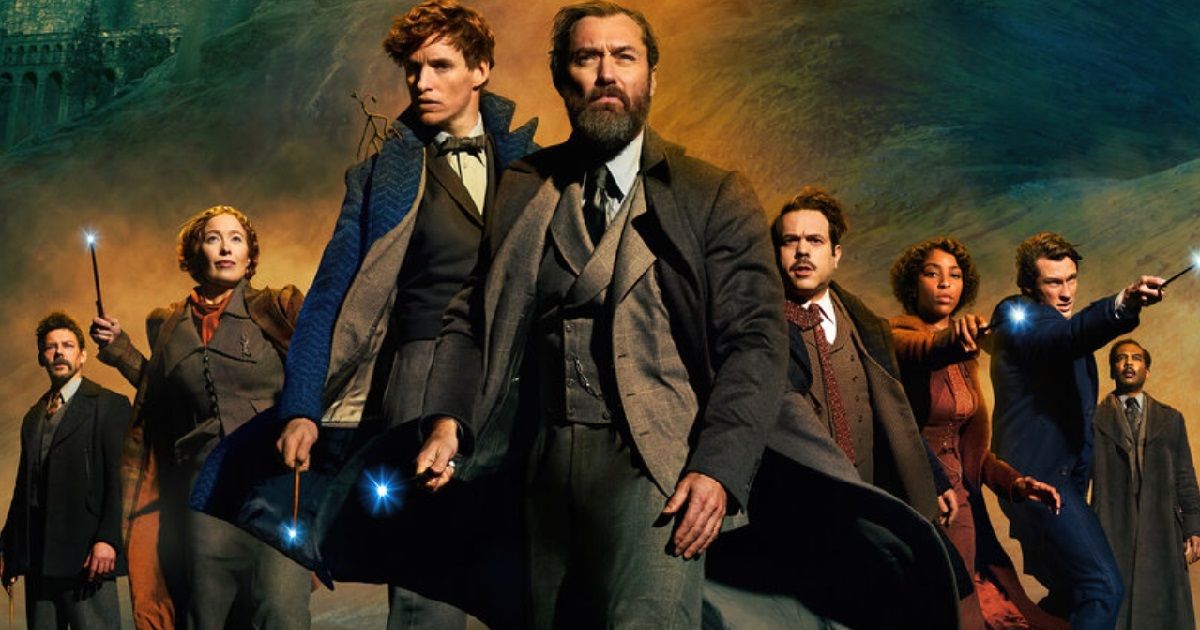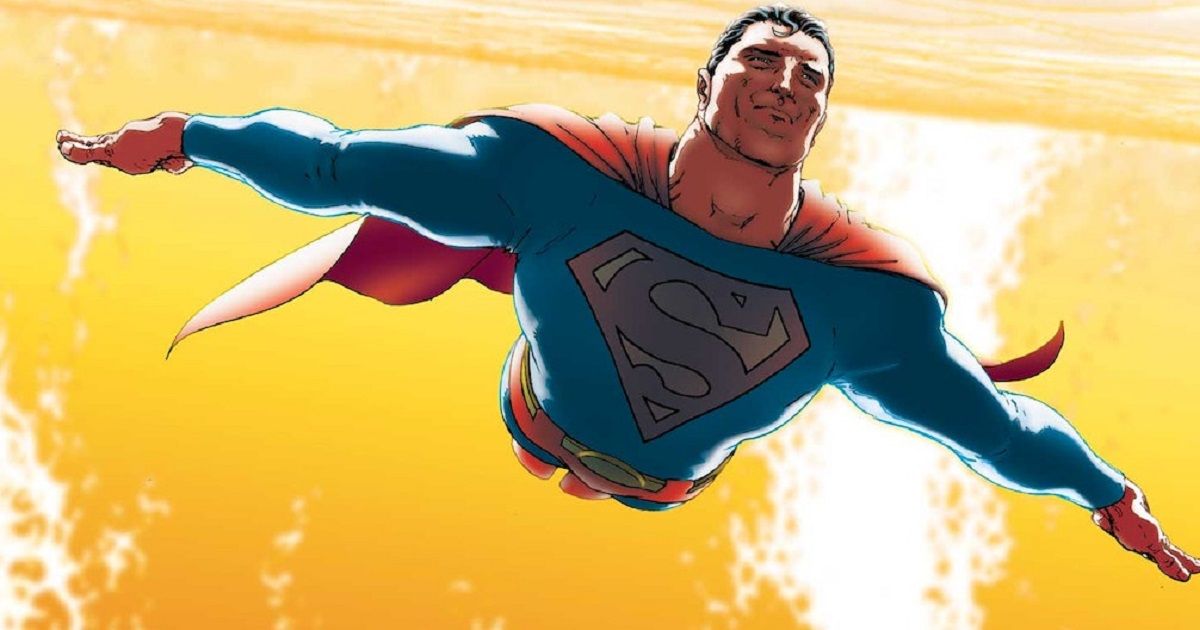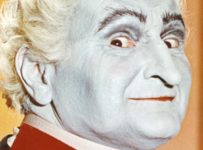From that point on, “Relative” finds its footing and moves confidently through the rest of the story, the bulk of which unfolds during and after Benji’s graduation party, an event that makes the young man so uncomfortable that he disappears from it entirely for hours and does not return until he’s practically shamed into it. There are more than a few clunkers intended to set up the next scene or piece of conversation (“So how are you guys feeling about having a nest that’s almost half-empty?” “Was there a formative moment where you decided to be an actress?”) and sometimes Smith has trouble getting out of one scene and into another one as gracefully as one might wish (except for a 360-degree pan through a house that collapses a couple of hours of screen time—a touch that’s Scorsesean in its confidence).
In setup as well as execution, the movie often plays like a less polished, more fragmented attempt to make something like an American version of a film by British dramatist Mike Leigh (“Secrets and Lies“), who liked to get a group of actors together, devise characters and situations in conversations and workshops, and then write a script from the best bits. I have no idea if that’s the method the filmmaker used here, but “Relative” has a similarly spontaneous feeling. You believe that these people are part of a family nursing grievances and hiding secrets. They often express themselves in the halting, imprecise, heedlessly cruel manner of actual human beings. By the time the film eases into its final stretch, it becomes a sub-genre of drama that I call “accidental radio,” meaning that even though there are pictures, you might not see them all because you’re covering your eyes a lot of the time.
Now playing in select theaters.
You can view the original article HERE.

